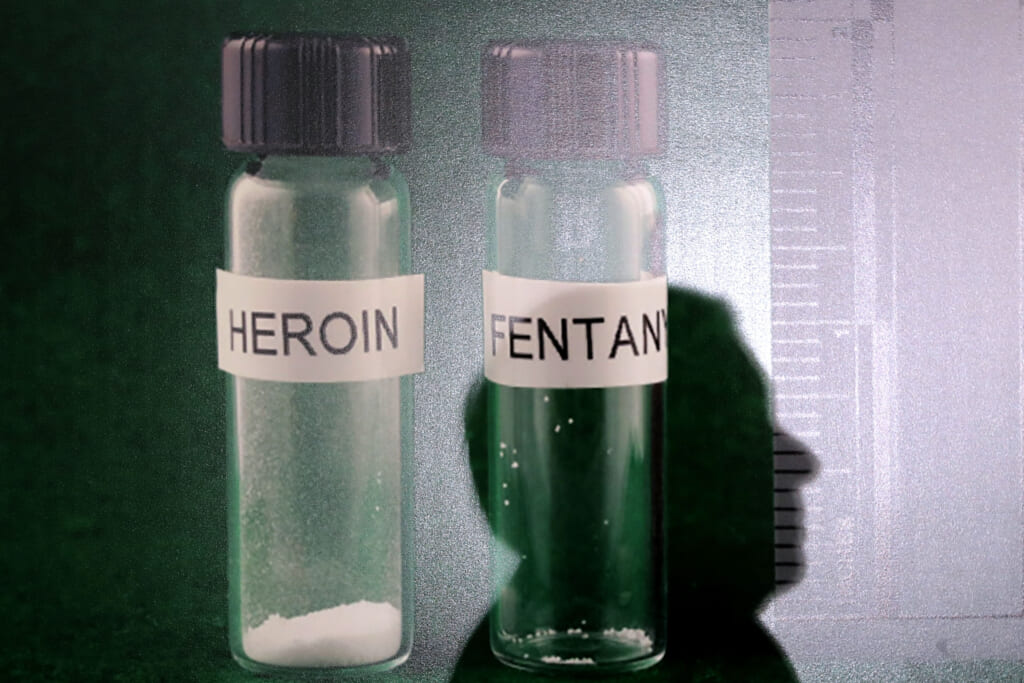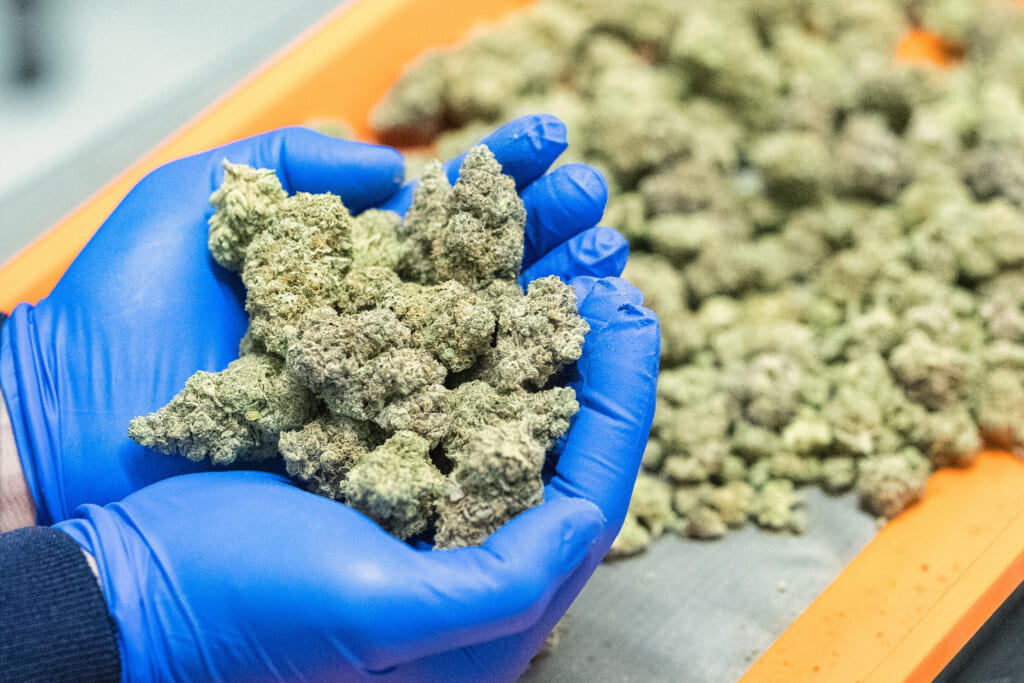Opioid crisis hits Black community especially hard
The opioid crisis is hurting Black communities, and it doesn't look anything like the stereotype you often see of fentanyl use.
When people think of fentanyl use, they often think of rural white communities. But an expert on the crisis says an increasing number of Black people in urban areas are losing their lives at an alarming rate.
COVID-19 has made the ongoing epidemic of fentanyl and heroin use even worse, and the crisis is disproportionately affecting Black Americans.
On this episode of “TheGrio Daily,” host Marc Lamont Hill discusses the crisis with Dr. Karla Mitchell, a naturopathic doctor who also holds ABS and MBA degrees. She is the executive director of CLASS (Changing Lives and Staying Sober), which is based in Detroit.

What does the opioid crisis look like in Black communities?
For the last few years, the rise in opioid overdose deaths has been covered in the media as a rural problem impacting mostly white communities. However, Black death rates from opioid overdoses are four to six times higher than white rates, according to the National Institutes of Health. The issue was highlighted by the death of actor Michael K. Williams in September 2021.
Mitchell said the fentanyl crisis hits Black communities particularly hard due to easy access to other drugs that are laced with fentanyl. “For the longest time, we were looking in urban communities for kids who were popping pills or getting access to prescriptives, and that just wasn’t the case. And we later learned that our children, particularly in the state of Michigan and/or Detroit, were getting access to fentanyl because they were getting access to fentanyl-laced marijuana,” Mitchell said.

Why is the crisis hitting communities of color so hard?
The COVID-19 pandemic aggravated this crisis, making it harder for communities of color to get access to needed resources. Mitchell also emphasized structural racism, mistrust of government and political systems, increased stress and lack of economic support as barriers to helping Black communities address the opioid crisis.
Getting government funding to support people in recovery can be difficult. While there are public health centers and high-end treatment centers, there are not a lot of agencies like CLASS.
Mitchell said CLASS helps families through an emergency hotline and by connecting personally with people as they begin their recovery journey.
Learn more about the fentanyl crisis from the clip above, and tune into theGrio with Marc Lamont Hill every weeknight at 7 pm ET on theGrio cable channel.
